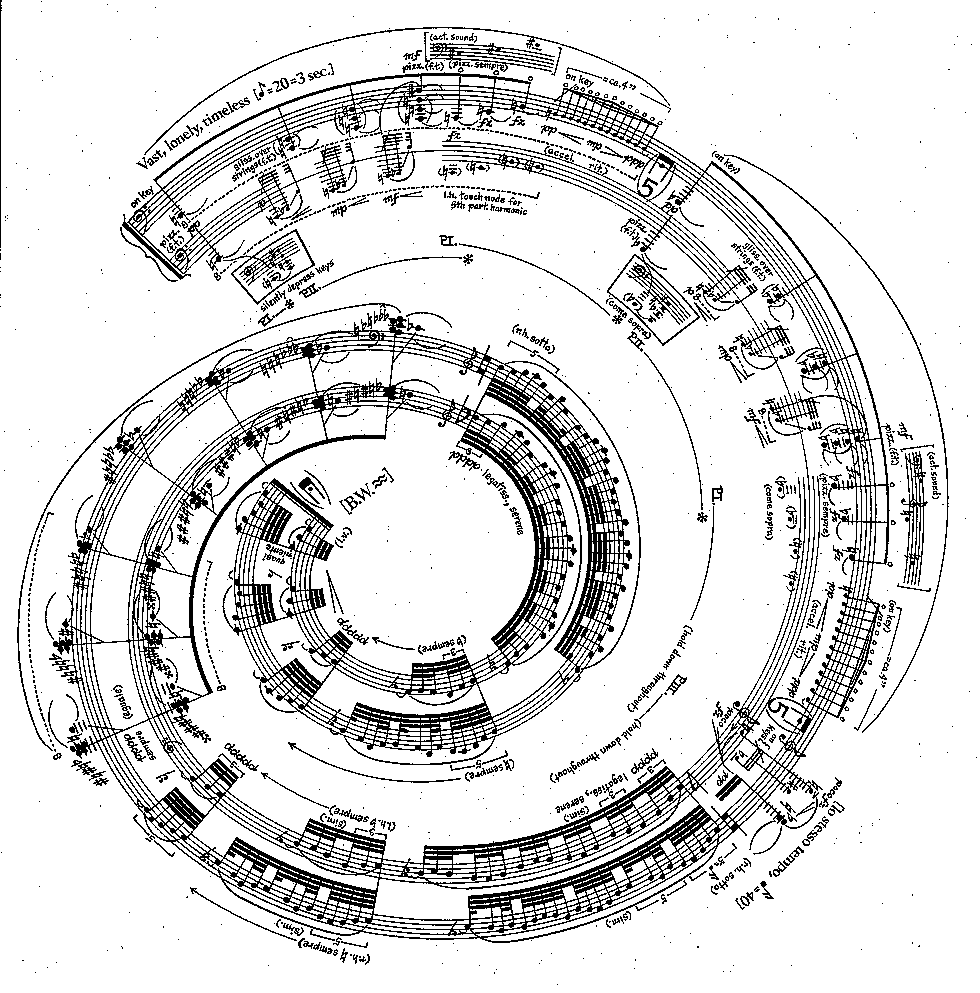There are different degrees of knowing how a piece sounds, of course. You may have heard something for many years, giving you the freedom to play the piece by ear. Or maybe you've heard a piece several times, and you can pick out many, but not all, of the notes without a score.
But what if you've never heard a piece before? Many musicians will turn to recordings to help get to know a piece. I can't begin to express what a bad idea this is. For one, you'll learn a performer's interpretation. That's what's going to stick in your ear when you start playing the piece. Maybe you'll try to solve this problem by listening to several different interpretations. But you simply can't know what effect this is having on your own interpretation, and I feel that, in order to be authentic to yourself, you should be making your own interpretive decisions. Skip the recordings and allow yourself to learn a piece the right way: the slow way. Patience!

If you're working on a contemporary work, recordings might not even be available. In many cases, you have a unique advantage: you can talk to the composer. Many composers won't tell you how to play their music (although some will insist), but they can give you an idea of what it is they had in mind when writing the piece.
(Now here's a funny thought for those who disagree with my stance on not listening to recordings: What were the composers listening to when writing your piece? They didn't need a recording to figure out how it sounds!)
One of the hardest things is to memorize a piece that you thought you heard differently. When something's already in your ear, it's pretty hard to erase it. With that in mind, you should be careful about what and whom you listen to.
In conservatory, I had a colleague who had a brilliant memory. He had no money to buy scores, so he would take them out of the library on Friday night, memorize them over the weekend, and then return them to the library on Monday. When it got time for performance class, the students would enjoy following his playing with the score, because he had surely memorized wrong notes, wrong dynamics, and a myriad of other missteps. He did have a brilliant memory, but he was very sloppy in its application.
There's one area where I advocate the use of recordings: concertos. In this case, recordings can be used to learn your cues. Since rehearsal time with orchestra is always very limited, knowing your cues cold is very helpful, and, while you could use your imagination, nothing helps like knowing exactly how the orchestration should sound.
I know that this post doesn't offer much advice on developing aural memory. If you've really never heard your piece before, your aural memory might come last in the process. But you can be assured that, if it's last, you've got a very solid foundation to work with. Just be patient, and let your three memory types work slowly together to create well-rounded retention.
And what about developing a better ear? I'm afraid that's an entirely different topic. Suffice it to say that you can never have too good of an ear.
No comments:
Post a Comment